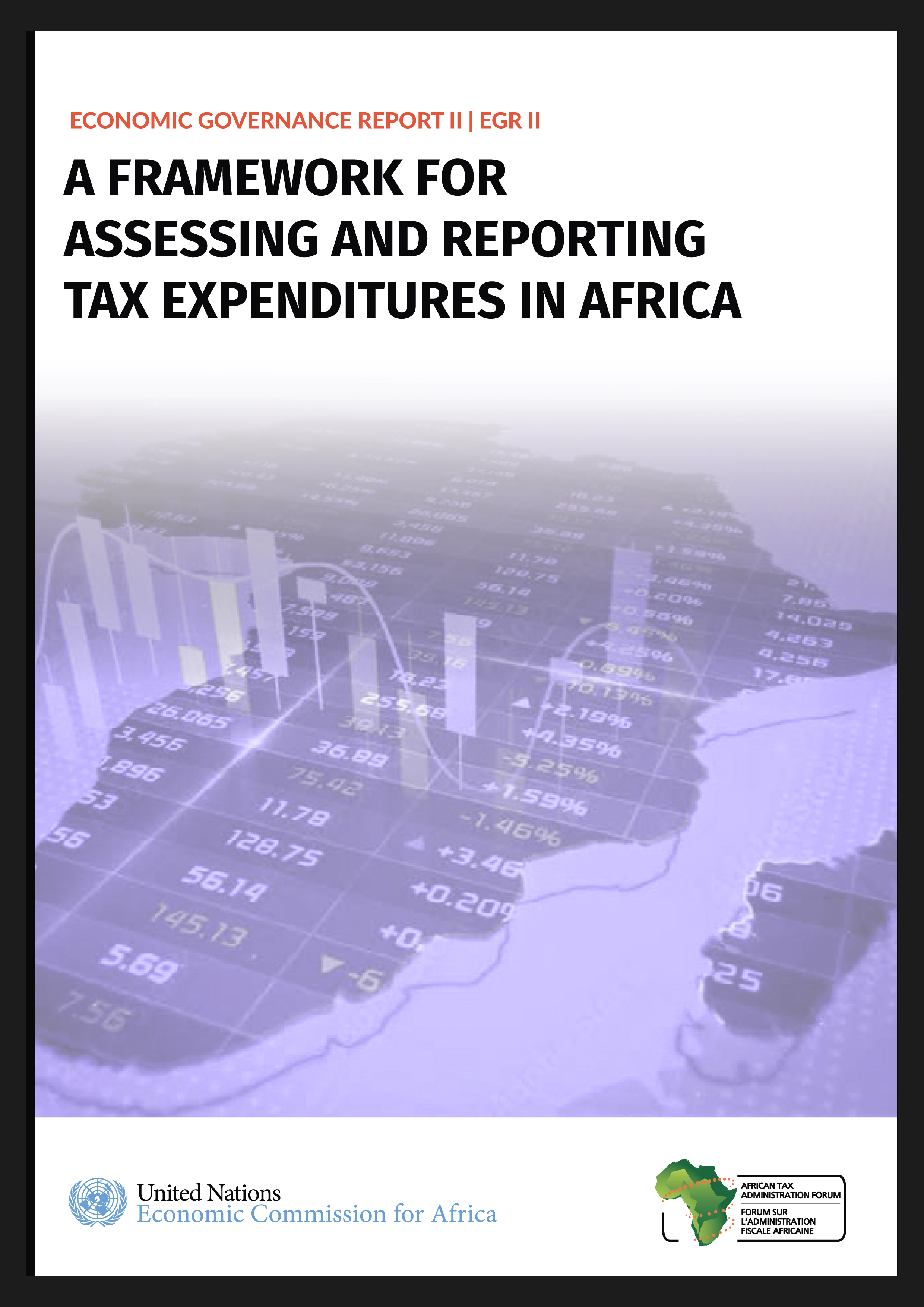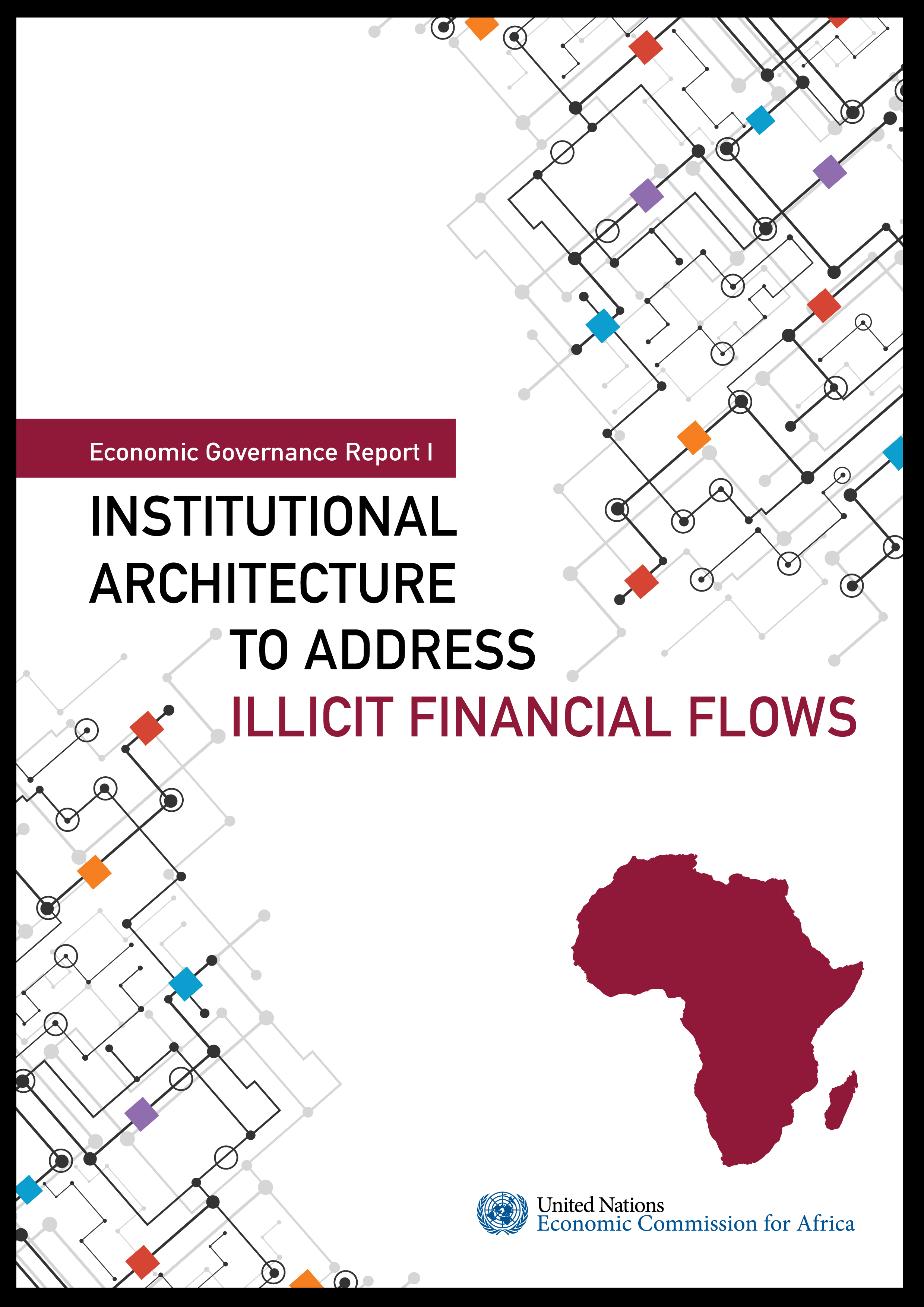Economic Governance Report
The Economic Governance Report is the biennial publication of the UN Economic Commission for Africa. The series studies pertinent economic governance and public finance issues in Africa through research and policy analysis to provide policy recommendations for the policy-making authorities, researchers, think tanks and other relevant development partners.
Filter :
Sustainable Development Goals
主题
出版日期

Economic Governance Report II: A Framework for Assessing and Reporting Tax Expenditures in Africa
The focus of this issue of the Economic Governance Report (EGR II) is on tax expenditures, where governments provide allowances to potential taxpayers that reduce the effective tax base and actual tax revenues collected. The revenue lost through tax expenditures could have been more judiciously allocated among the country’s different development priorities under prudent oversight, ensuring that no one is left behind. This report provides a framework for the effective governance of tax expenditures, including the assessment of the fiscal costs of tax expenditures and reporting. The framework has the potential to inform government consideration of the value-for-money propositions of the expenditures, and to result in expunging unproductive incentives thereby boosting revenue collection. It can also contribute to boosting the continent’s domestic resource mobilization, reducing its vulnerability to debt and volatile external financing, and improve the prospects of meeting its development goals.

Economic Governance Report I: Institutional Architecture to Address Illicit Financial Flows
This premier Economic Governance Report (EGR I) assesses the institutional architecture pledged by African governments for blocking illicit financial flows (IFFs) and recommends initiatives to strengthen it. The report’s findings indicate that IFFs continue to thrive, though African countries have tried to establish dedicated institutional frameworks for combatting them. The IFFs include corruption, money laundering, trade mis-invoicing to move money illicitly, and tax fraud (including corporate tax dodging). The report encourages more inter-agency collaboration, coordinated reporting, the removal of duplicated and competing mandates, and consistent political support for institutional reforms to combat IFFs. The report suggested that the African countries that are parties to international conventions on corruption should fully implement and align all national laws governing anti-corruption agencies. Anti-corruption laws should expressly cover IFFs. African countries should also strengthen the powers and independence of anti-corruption agencies to effectively address corruption, money laundering, trade-related IFFs, and tax-motivated IFFs. They should integrate data systems across all economic channels—central banks, customs authorities, other tax authorities, registries of companies, security exchange commissions, and commercial and non-banking financial institutions—to support tracking of corrupt transactions and the movement of corrupt proceeds.
